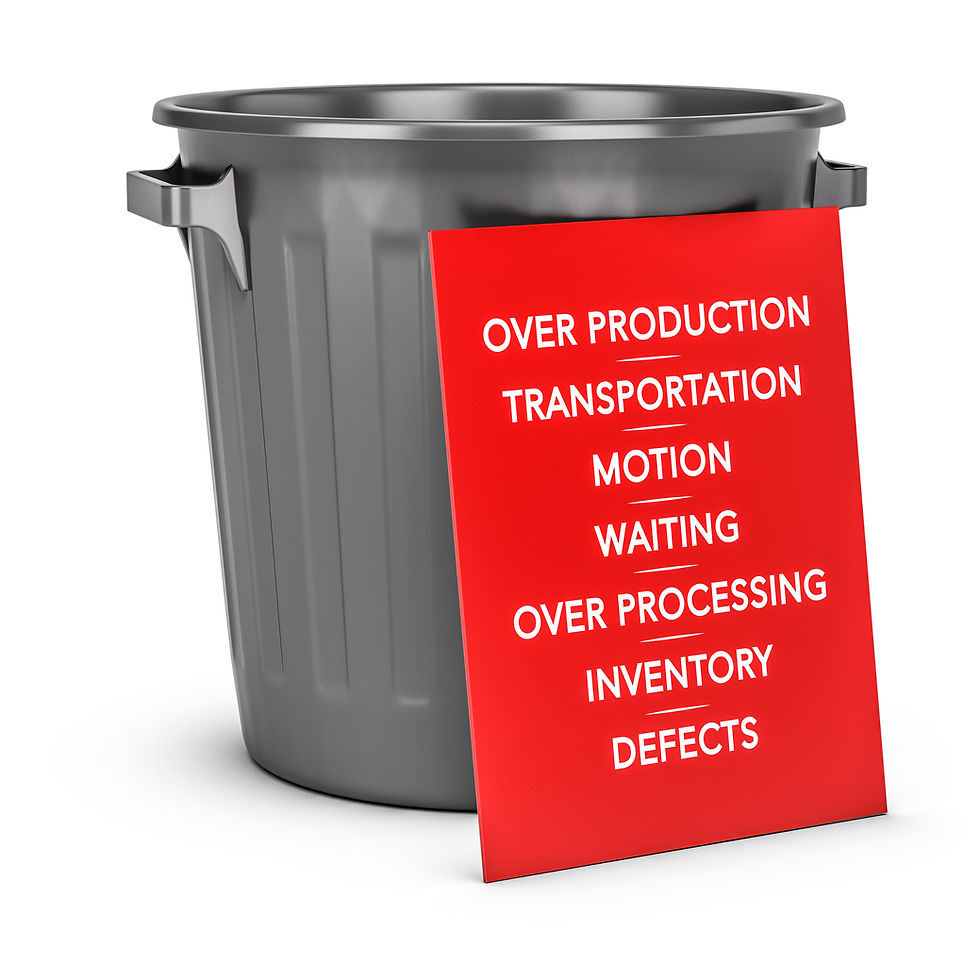Using pressure to make training mean something
- Darren Cheesman
- Nov 6, 2015
- 3 min read

This is a guest post from Darren Cheesman, an ex international hockey player who is now a full time Talent Coach and Talent Coach Developer. Darren has been chirping at me on Twitter to finally write the book that I have been threatening to write which has been useful motivation and work has started.
Darren is really passionate about coaching, developing coaches and also developing talented players. The post is a really great insight into his approach which I hope you will all enjoy!
For more information about Darren you can find him at https://dc17coaching.wordpress.com/ or on twitter at @darrencheesman
Over to Darren....
It's a cold winter’s night and I’m a player for a premier league team. I turn up for training and go through the motions. I love training, always have, but tonight just didn’t do it for me and I can’t honestly think of a single thing I learned, nor did I take myself out of my comfort zone once.
This happens too often, and it happens way too often with sessions I see at all different levels. In a bid to make sure this happens as little as possible in my coaching sessions, I’ve tried to centre my philosophy around the concept of creating competition.
Why?
If there is something to win, the players tend to focus more on how to win and therefore solve the problems the session is asking.
How does it work?
Before deciding on whether to award points or not, I first need to figure out whether I want the session to be around technical shaping, increasing the pressure on the skill execution, or preparing for a match.
Technical shaping:
If I award points during a technical shaping section of training, the players will be conscientious about failing and therefore missing out on points. They will also feel a little hard done by if it takes them a little longer than others to get to grips with the concept or principle. Within technical shaping, I reinforce the effort (not the success) of the individual / unit in trying to execute, and probe about how they can improve.
Increasing pressure:
Once the players have a good understanding of the skill, principle, or concept, I award a points system that will reward players able to deliver under pressure. The competition means the opposing team are likely to be doing everything possible to stop you from gaining points and therefore you have to solve real problems in the quest to win the game.
Preparing for a match:
Skill acquisition and principle clarity sessions are about developing the player’s ability. It is about giving them the space to express themselves while developing concepts. There are times though when we are preparing for a match with specific roles and responsibilities in order to gain an advantage over our opposition. In these situations, points are rewarded to the players / units / team who can deliver those roles and responsibilities best.
This essentially means that there are parts of each session that are not for points. Players are told to make mistakes and express themselves. They are encouraged to do what they can to push themselves outside their comfort zones in order to truly master the skill, principle or concept. Then, there are other parts of the session where points are on offer and it’s time for them to focus on the execution of that development.
It’s noted down at the end of each session who has gained points and these are accumulated until the end of a given period. At school that period is end of a half term, with Futures Cup squad it was at the end of our 5 session training block, with other teams that period will be different.
The winner is then presented their prize and it’s a chance for them to be recognised as someone who focussed and works hard in training, something often overlooked.
One of the big things I learned from my time playing for Oranje Zwart in Hoofdklasse, the Dutch Premier League, was that training was made so hard and competitive that matches felt easy.




Comments